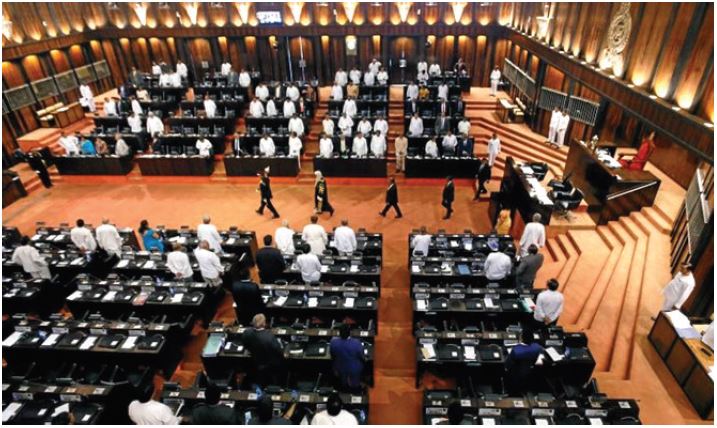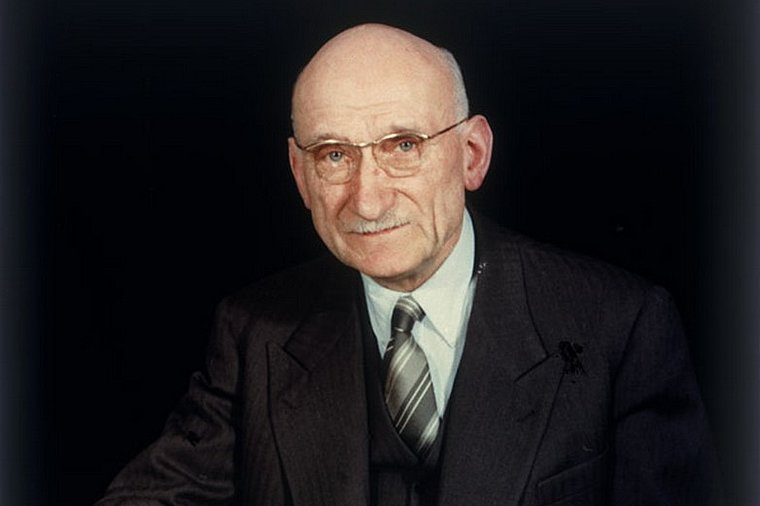
The political atony shown by European Catholics despite the Pope’s urgent appeals for evangelical hospitality is complex to analyse. The secularisation of European societies is now evident. Religious culture is sometimes nothing more than a varnish or, worse, an identity argument. The CSU (Christian Social Union in Bavaria) prefers to place its faith in furniture by launching a crucifix hanging campaign in public buildings. Fears transform religion into one of the elements, if not the main ingredient, of a national identity to defend. Spiritual experience, personal transformation or the practice of charity no longer seem to be the first among those who still call themselves religious.
A second factor comes from the ideological convergence between the anti-immigration political forces and the Catholic critique of European construction as it is done. Old anti-liberal Catholic themes are reactivated against a European Union considered responsible for the permissiveness of mores. Cultural wars, for example over the right to abortion or same-sex marriage, thus outweigh the more social issues that the Union is trying to defend, such as the reception of migrants.
In the mistrust of Catholic opinion, we must finally look with lucidity at the refusal of multiculturalism brought about by immigration. National imaginations, still irrigated in Central Europe by historical opposition to Ottoman Turkish imperialism, can reconfigure themselves into a new anti-Muslim racism. Religion is then instrumentalized as the cement of national unity against what is perceived as an external threat. Budapest, Warsaw or Vienna defend a conservative version of the nation, conceived as a religious and settlement unity to be preserved in its inherited form.
Do the centrifugal forces of Catholicism thus prevail over its centripetal forces? There has always existed within European Catholicism a tension between the local and the Roman. Gallicanism versus ultramontanism in France, Josephism versus Jesuitism in Austria, the history of many countries shows that the centralism of Rome, which gradually increased over the centuries until Vatican I (1870), was never totally achieved. The national episcopates can remain under Catholic “franchise” by developing a liberty of action in relation to Roman requirements.
Will there be enough strength on the Rome side to regain control as in the past? The Commission of the Bishops’ Conferences of the European Community (Comece) could today serve as a transmission belt between the appeals of Rome and the national Catholic communities. At a conference – (Re)thinking Europe – which was organised last October, Pope Francis drew up a clear programme of action for her. Catholics must participate in the establishment of an “inclusive Europe”: “In the face of the drama of the displaced and refugees, we cannot forget the fact that we are in front of people who cannot be chosen or rejected at will, according to political, economic or even religious logic. »




Leave A Comment
You must be logged in to post a comment.